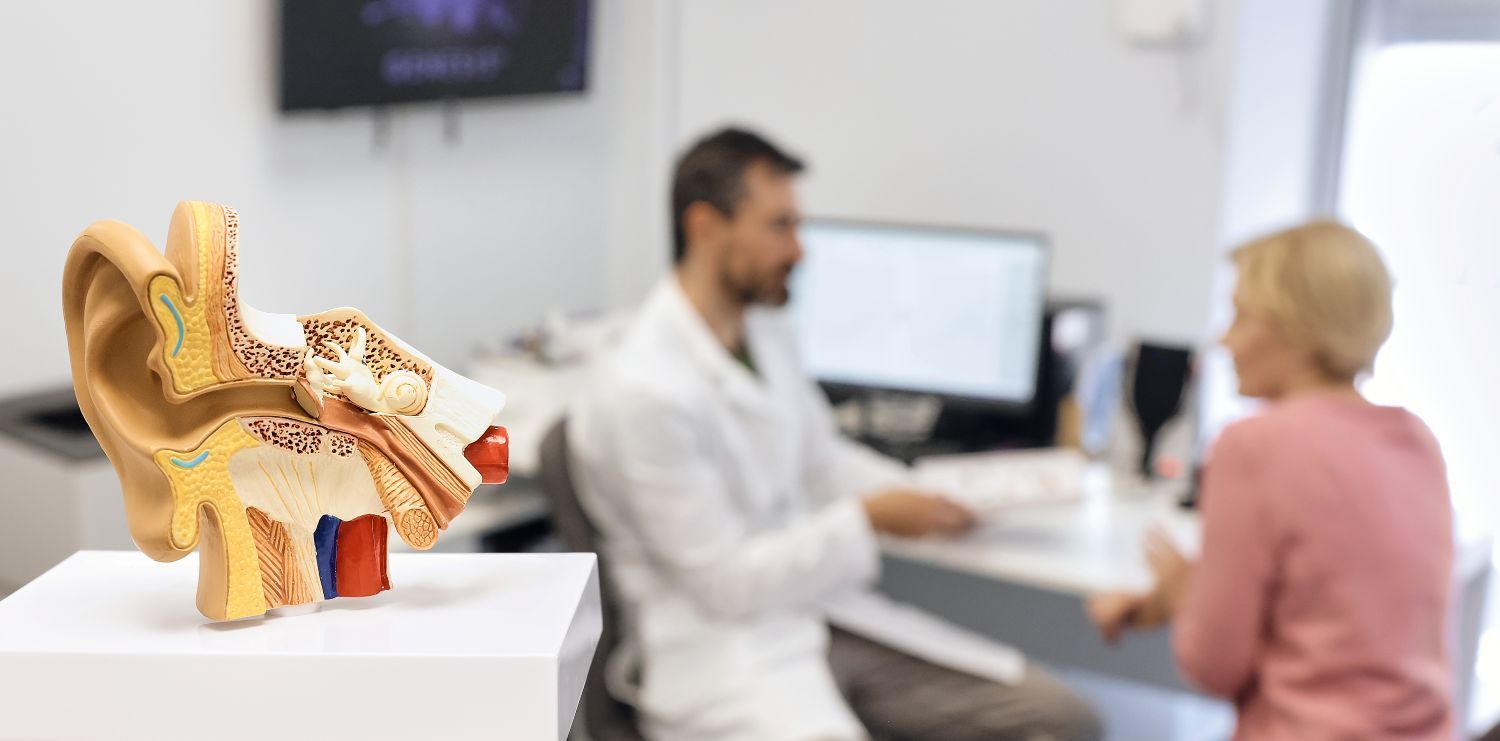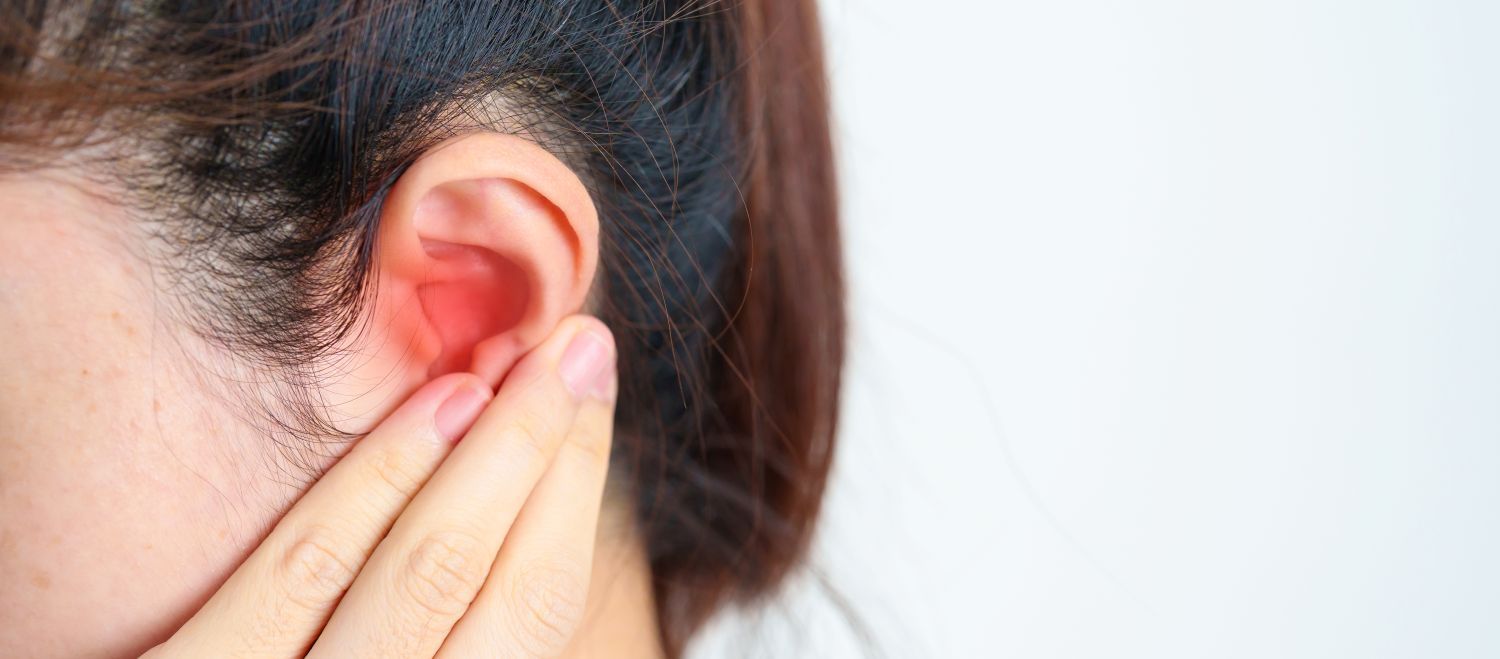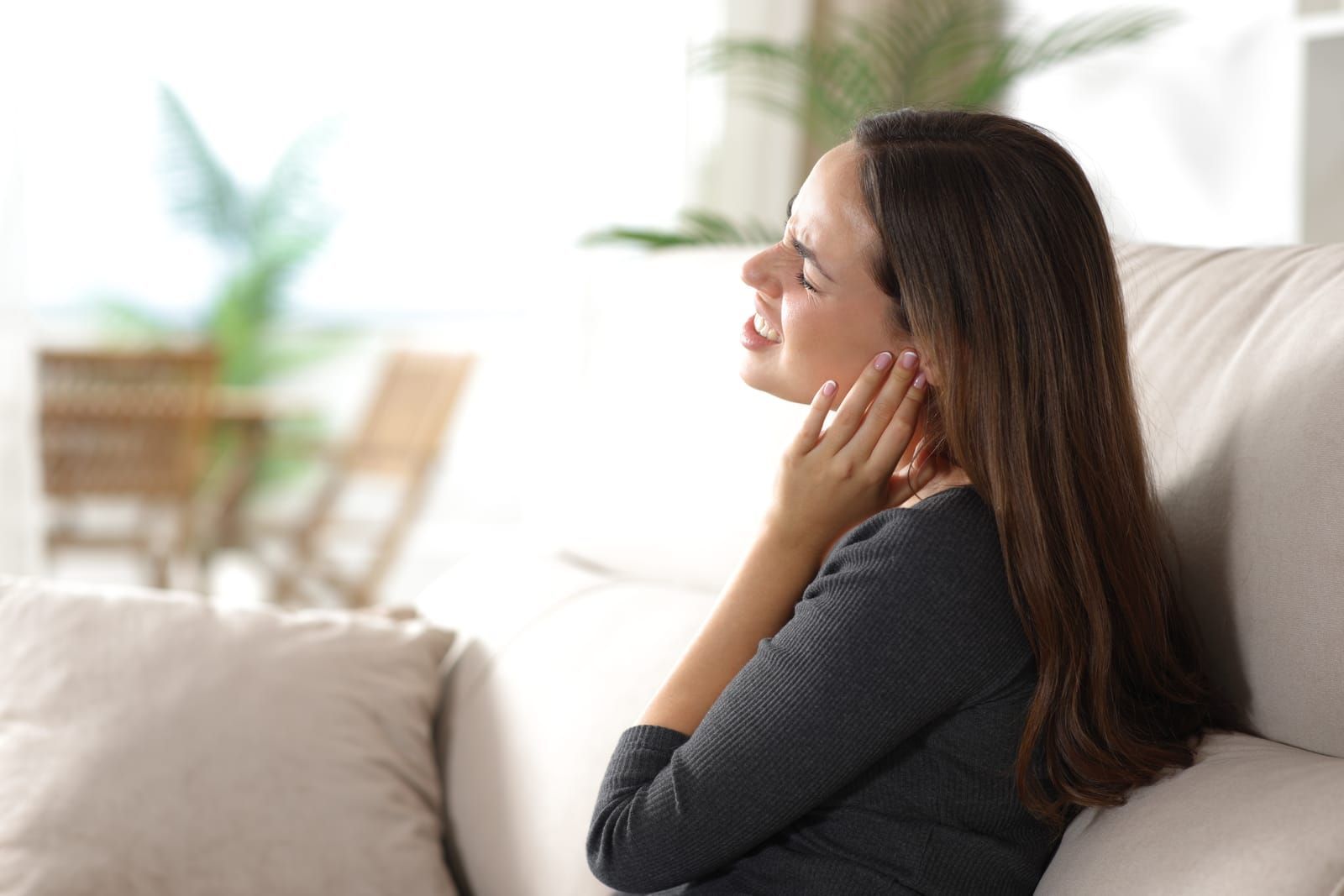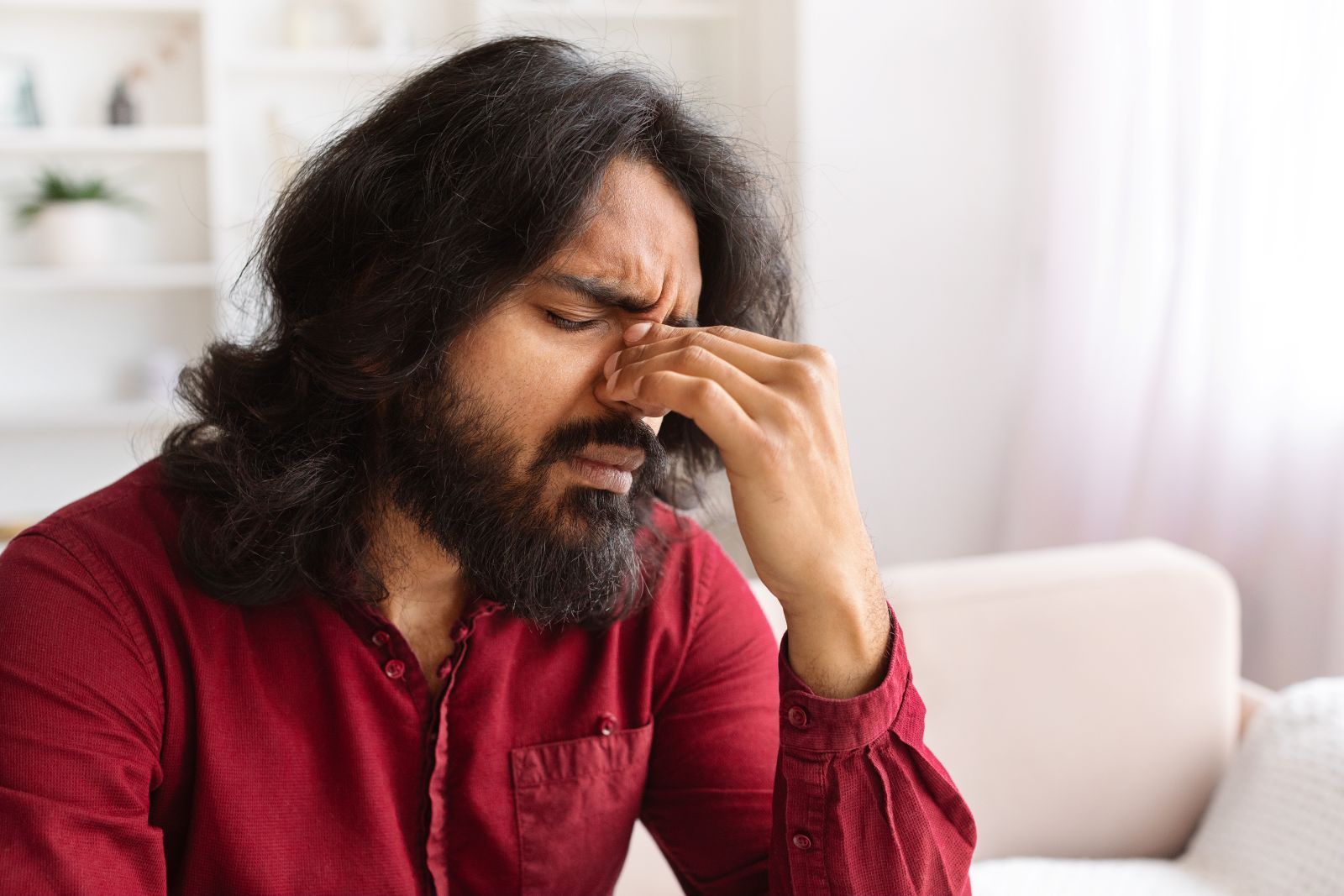How Do I Avoid Seasonal Allergies?
Seasonal allergies are a common problem for many people. They can cause a range of symptoms, including sneezing, itchy eyes, and congestion. While allergies can occur throughout the year, they tend to be particularly problematic during certain seasons.
Keep reading to learn how to avoid seasonal allergies, with specific tips for each season.
Spring Allergies
The main culprits during the spring season are pollen and mold. Here are some tips to help you avoid sniffling and sneezing due to spring allergies:
1) Keep Windows Closed
While it may be tempting to let in fresh air during the spring, it's best to keep your windows closed to prevent pollen from entering your home.
2) Use Air Conditioning
If you have air conditioning, use it instead of opening windows. Make sure to change the air filters regularly to keep them clean.
3) Take Allergy Medication
If you know you have seasonal allergies, start taking medication before the season starts. This will help minimize symptoms.
Summer Allergies
Here are some tips to help you avoid summer allergies caused by grass and weed pollen:
1) Stay Indoors during Peak Pollen Times
Pollen levels are highest in the morning and early evening, so try to stay indoors during these times.
2) Wear a Mask
If you have to be outside during peak pollen times, wear a mask to keep out pollen.
3) Shower after Being Outside
When you come inside, take a shower to wash off any pollen that may have gotten on your skin or hair.
Fall Allergies
Autumn allergies are primarily triggered by ragweed and mold. Some tips to help you avoid autumn allergies are:
1) Keep Your Home Dry
Mold thrives in damp environments, so use a dehumidifier to keep your home dry.
2) Clean Your Home Regularly
Dust and mold can accumulate in your home, so make sure to clean regularly to prevent them from building up.
3) Avoid Leaf Piles
Leaf piles can be fun to play in, but they can also harbor mold and ragweed.
Winter Allergies
Indoor allergens, including pet dander and dust mites, are the primary triggers of allergies during this season. Here are some tips to help you avoid winter allergies:
1) Keep Your Home Clean
Regularly cleaning your home can help reduce indoor allergens and save you from sneezing, runny nose, and itchy eyes throughout the season.
2) Change Air Filters
Change your air filters regularly to keep them clean and free of allergens.
3) Bathe Pets Regularly
If you have pets, make sure to bathe them regularly to reduce pet dander.
General Tips for Avoiding Seasonal Allergies
In addition to the tips listed above for specific seasons, here are some general tips for avoiding seasonal allergies:
1) Know Your Triggers
If you know what triggers your allergies, you can take steps to avoid them.
2) Keep Track of Pollen Counts
Check pollen counts in your area regularly by using a weather app or visiting specific websites.
Avoid going outside on days when they are high.
3) Use a HEPA filter
A high-efficiency particulate air (HEPA) filter can help reduce allergens in your home.
4) Use a Nasal Rinse
A nasal rinse can help flush out allergens from your nasal passages.
If your allergies are particularly severe, it may be helpful to see an allergy specialist to develop a personalized treatment plan.
At ENT Medical and Surgical Group, we are dedicated to improving your well-being and health. We provide a range of holistic treatments and medical solutions for all your ENT needs and problems. Call us at (203) 752-1726 or contact us online today.













